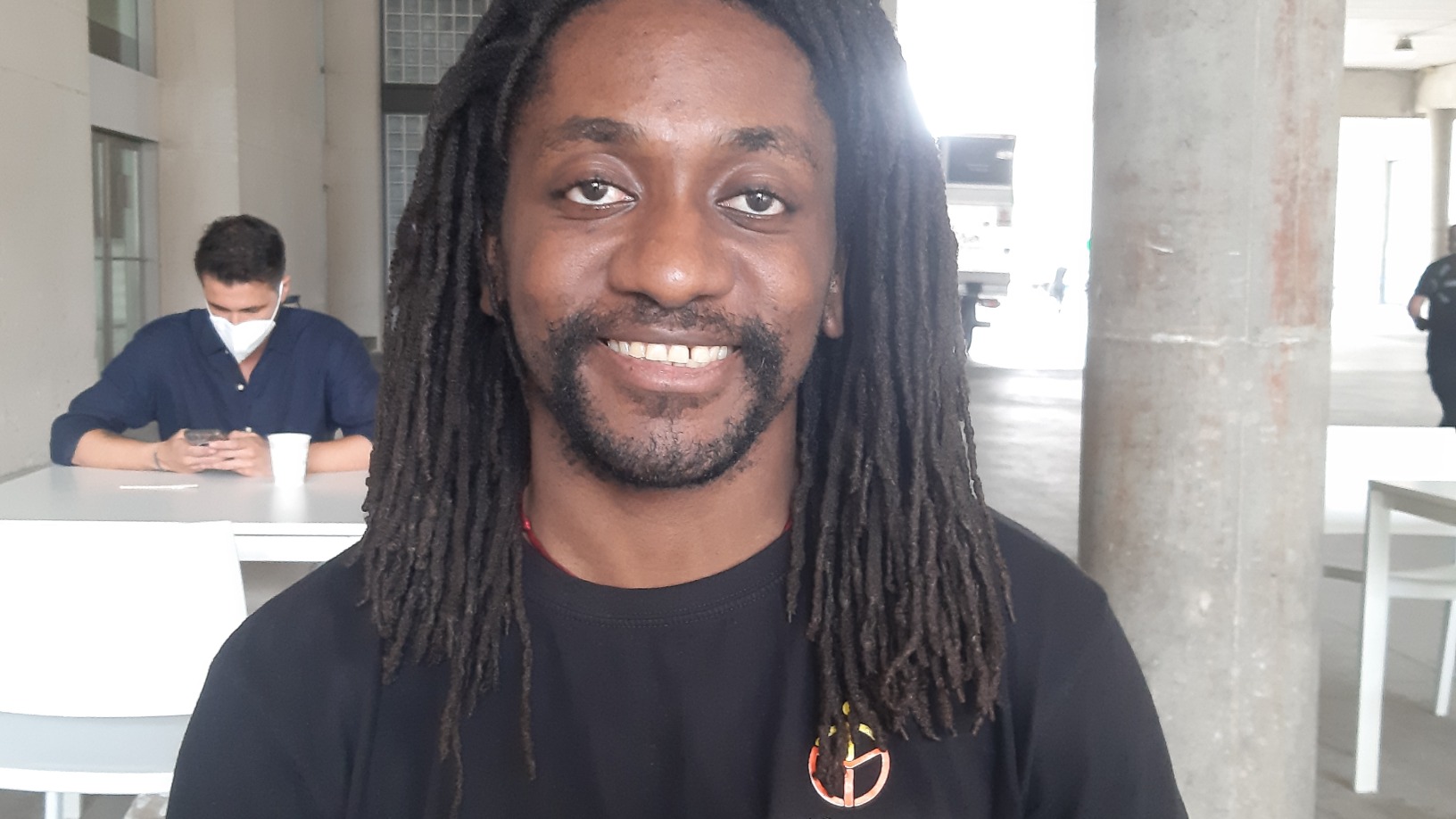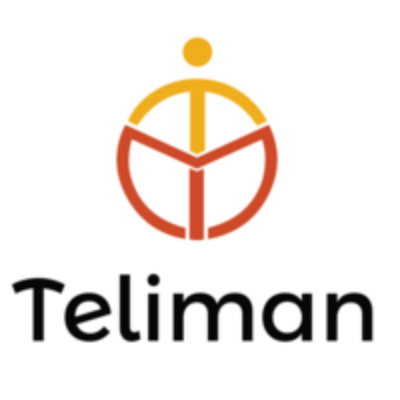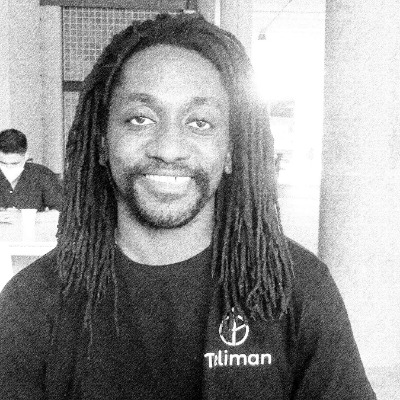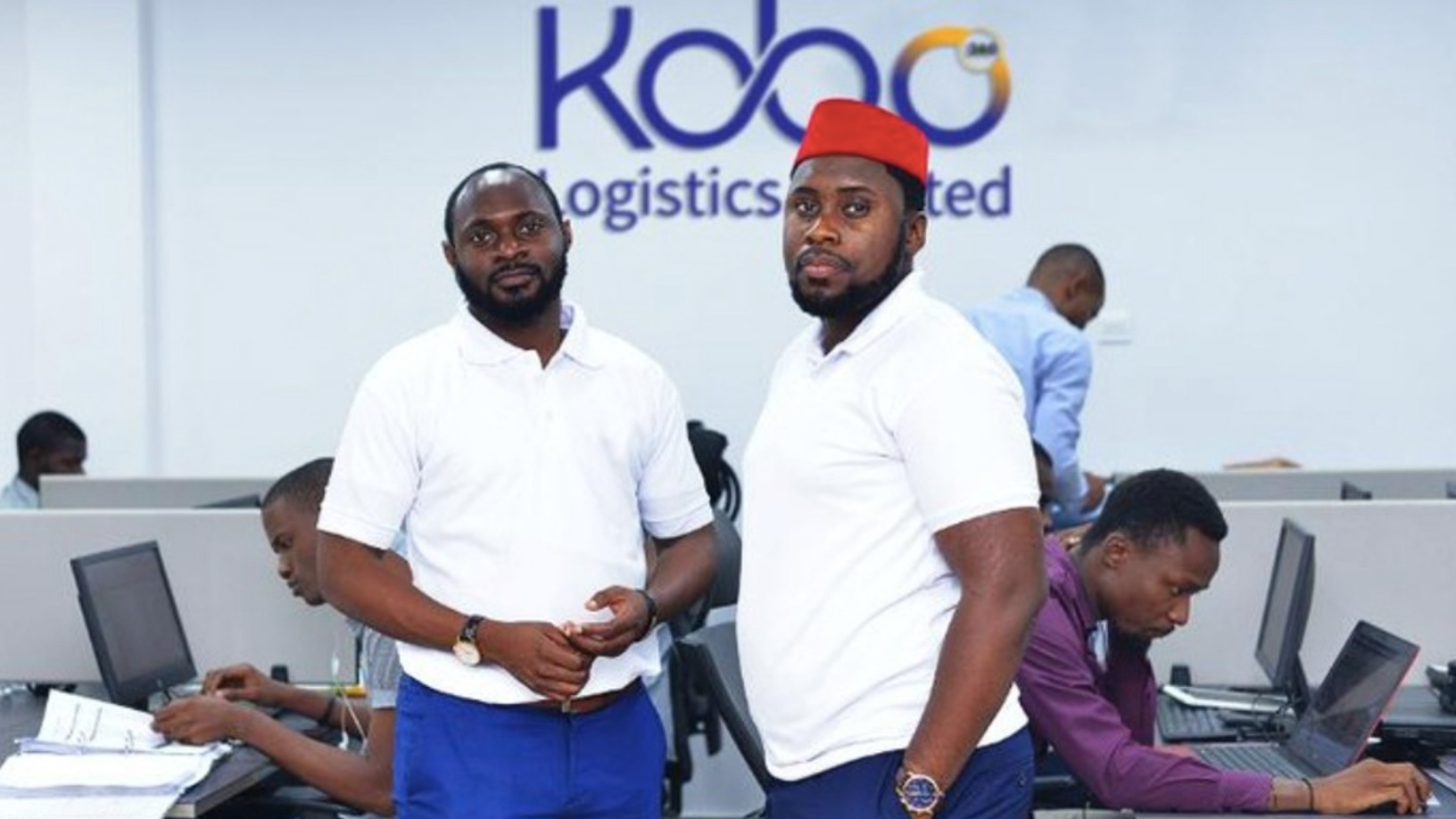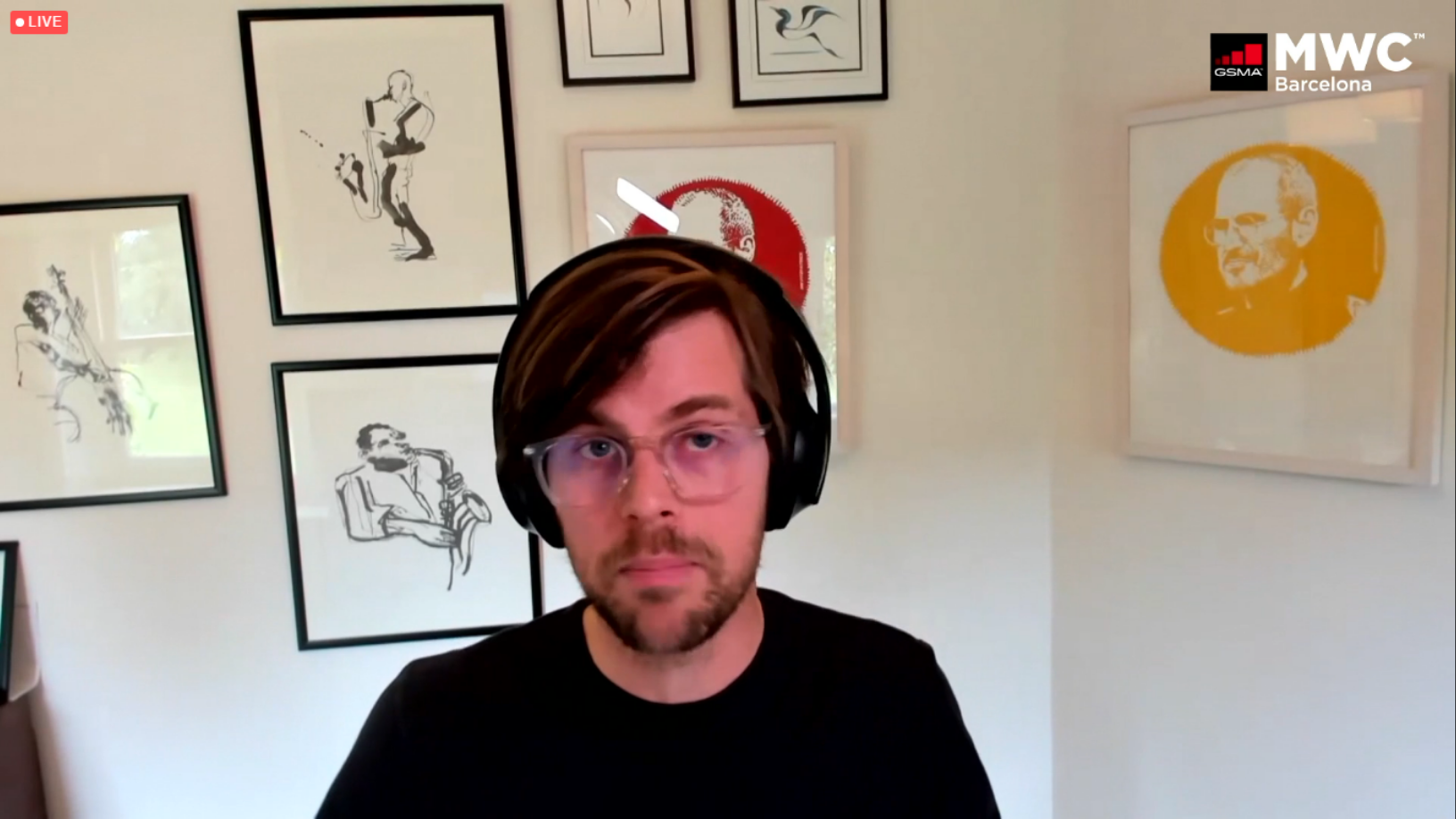African nation Mali is one of the world’s poorest and has been a relative desert in terms of technological disruption. Now, two expatriate Malians are changing the face of mobility in the country’s capital Bamako with their startup Teliman.
Before Teliman's launch in 2018, there was no on-demand mobility service other than traditional taxis, which were unaffordable for most Malians. The startup’s solution – professionally driven motorcycle transportation services – has been embraced by 32,000 citizens of Bamako, saving them time in the congested city.
Teliman’s CTO and co-founder Abdoulaye Maiga conceived the idea while running his real estate startup in Paris, where he studied. “I spent two months looking at different opportunities in Mali and realized that getting around was very difficult with no public transportation at all,” Maiga told CompassList in an interview on the sidelines of the recent 4YFN and Mobile World Congress event in Barcelona.
“The two main modes of transportation in Mali were previously shared people carriers and taxis. The reason why we chose motorcycles is essentially time,” Maiga said. “Bamako has 3m inhabitants, no sidewalks to allow people to walk safely, and four lanes of traffic that very quickly get packed. We did some tests using motorcycles and found them three times faster than using taxis and six times faster than shared people carriers.”
Maigo co-founded Teliman with fellow Malian expatriate engineer and project manager Hawa Traore, who left a career in France at Europe's largest nuclear power station project to become COO and then CEO in 2019. “I knew that her experience of working with large numbers of people would be of prime importance in Teliman, so I immediately considered Hawa as co-founder,” Maigo said.
Drive to own
Mali’s annual GDP per capita of only $760 meant that taxis were already off-limits for the vast majority of people, so Teliman aimed to achieve accessible pricing of up to one-third the cost. After three years in operation, including a three-month ban on shared motorcycle rides during 2020 due to Covid restrictions, the startup is rapidly scaling in a nation with very few employment opportunities outside farming and trading. Teliman now has about 500 drivers and 28 office staff, including a tech team of eight – all local IT graduates.
Teliman operates an Uber-like platform with an app for users and drivers that uses geo-location to match passengers with the nearest available driver. The driver then calls the customer to get their exact location. However, 80% of Teliman's customers use its call center service due to unreliable and expensive internet and low smartphone penetration. Payments can be made through Mali's three main mobile money payment companies or in cash.
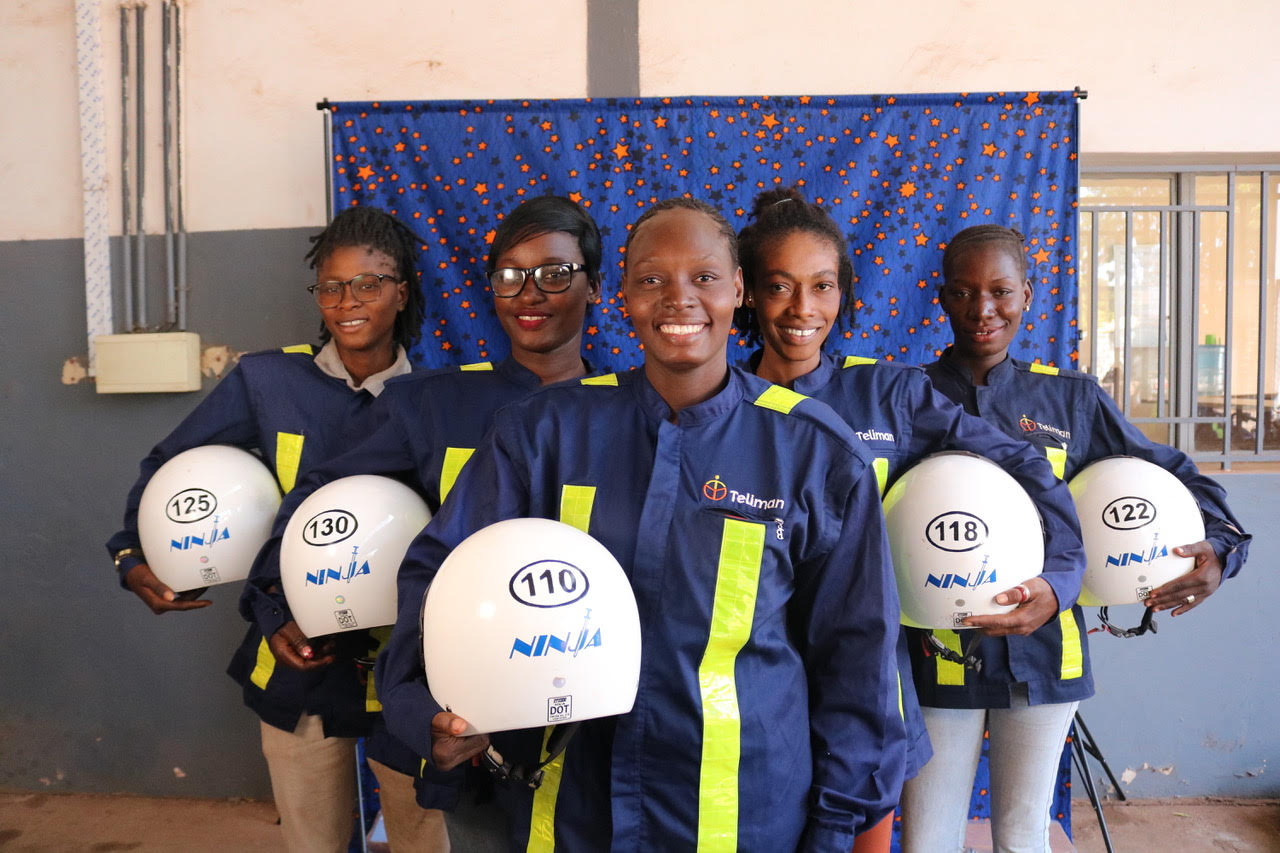
The startup also aims to set itself apart from some other on-demand mobility services that have faced criticism and even sanctions in developed nations for the way they treat their workers.
“For us, the drivers are our main clients. They are our revenue source, so we decided to operate a “drive-to-own” model where we provide the motorcycles, the smartphone, helmets, and full liability insurance in case of injury or not being able to work. Drivers are really at the center of our model,” Maiga said.
The drivers pay a small fee but eventually own the motorcycles, something they would otherwise not be able to afford. The startup also offers health insurance plus savings and loan services, with the driver's app providing data on earnings and financial services as a fintech does.
"We try to train the drivers how to handle money because one of the main issues that we identified with people earning on a daily basis is that they also spend it on a daily basis and don't save. They also do not trust banks,” Maiga said. “This is why we have a system to kind of force staff to save. They trust us and are thankful for this, even though we are putting it in a bank."
Maiga added that, unlike banks, Teliman has no hidden fees. Drivers have access to their money on-demand, whereas banks have account requirements and limited operating hours. “Drivers simply enter the amount they want to withdraw in the app and we provide the money directly to them so they don't need to lose time during the working day interacting with a bank,” he said.
Prioritizing Teliwoman
Another important development issue close to Maiga's heart in this conservative and predominantly Muslim nation is the empowerment of women. The startup launched a recruitment drive and a public awareness campaign aimed at female drivers called Teliwoman and now has 15 women drivers. “Our female drivers go straight to number one on the priority list. Even if there are 100 men above them, we reduce the costs for women that want to have access to a motorcycle and provide them with more flexible working hours to fit in with their domestic obligations,” Maiga said.
The boost in Bamako's mobility has aided the economic development of Teliman's users, for example by enabling travel to markets further afield. Maigo also pointed out that in a low tax collection nation such as Mali, which is reliant on a subsistence and informal economy, Teliman's payment of taxes is a positive development.
Following its success in Bamako, Teliman is considering expansion this year into other major Malian cities such as Sikasso and internationally into either Senegal or Benin following the completion of feasibility studies. The startup is also looking at launching delivery services with minivans.
“There is much demand for logistics and we are seeing how to better build partnerships with either local or international delivery companies,” Maiga said. “We met one company here at 4YFN that allows Malians living overseas to buy goods locally and have them delivered to their families instead of sending money that might be spent on something less essential.”
To date, the startup has relied on a €150,000 interest-free loan from the French impact investment group Investisseurs & Partenaires (I&P), which is dedicated to financing startups across sub-Saharan Africa, and an equity-free grant from the French multinational CFAO Group, a major investor in African infrastructure projects.
Two recent coup d'états have hampered Teliman's plans for a full funding round in Mali so the company will first hold a bridge round later this year to consolidate investor confidence. Maiga sees Mali’s political instability as lesser adversity than the terrorism situation in the north away from Bamako's relative safety.
“The war with terrorists is one of the factors that drove us to succeed. We want to show that there's another side to Mali – that there are still opportunities to build businesses and to attract more of the diaspora to come back and build solutions, however difficult it may be, and indeed, has been,” he added.
